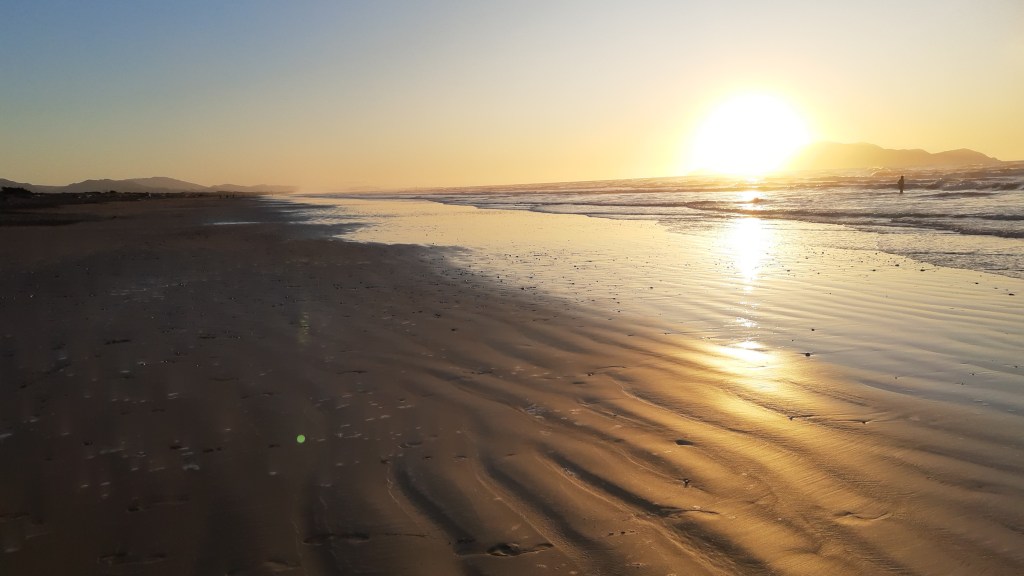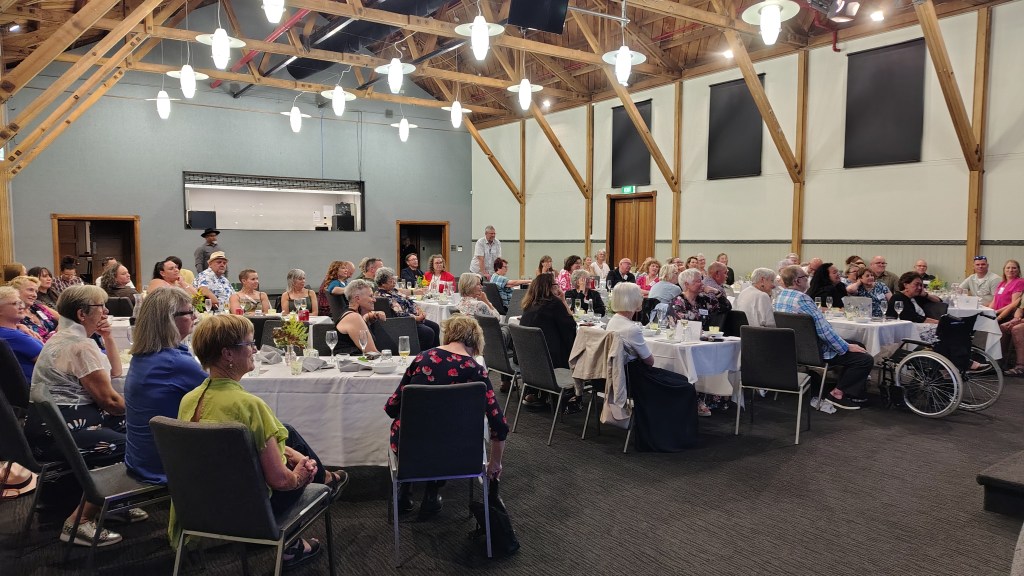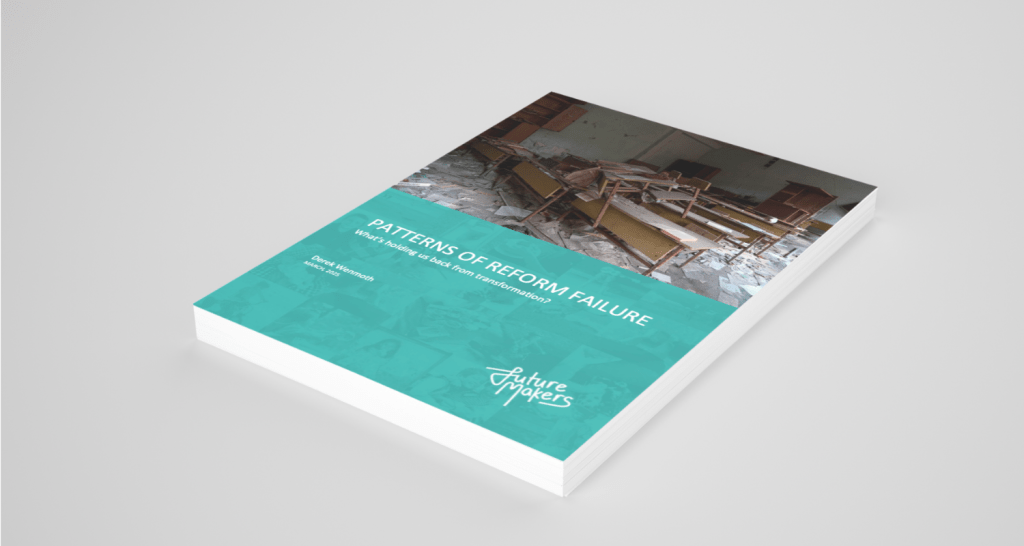
We empower educators, educational organisations, and communities to embrace future-focused education.
Preparing the next generation to solve complex global challenges requires a transformation of current teaching practices, policies, and ideologies. Working with you, we can design transformative learning programs, implement future-focused projects, and develop strategies that equip your young people to thrive in a changing world. Our extensive resources are always available to support you on your journey of change.












